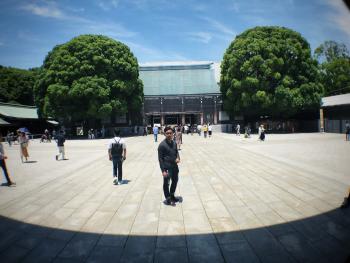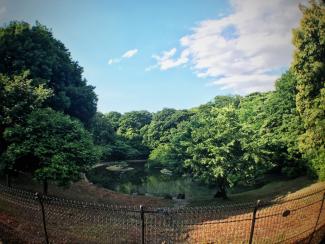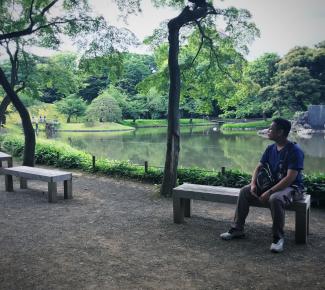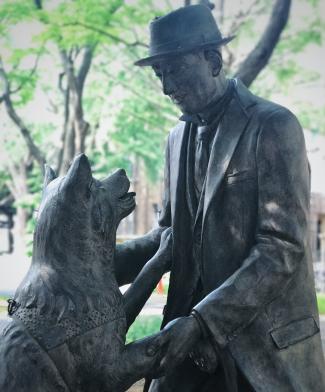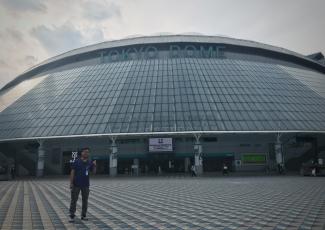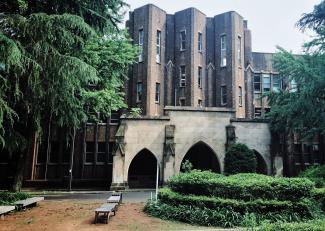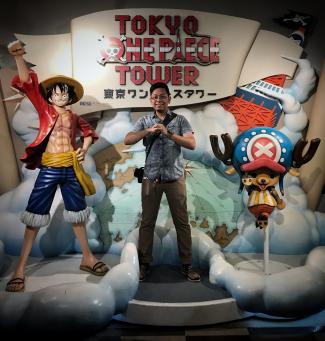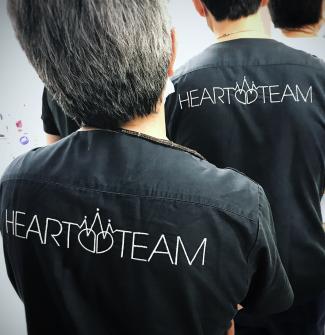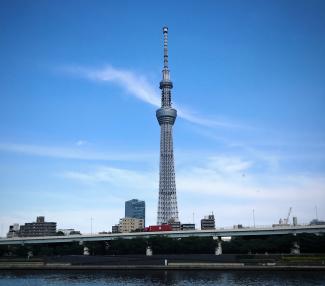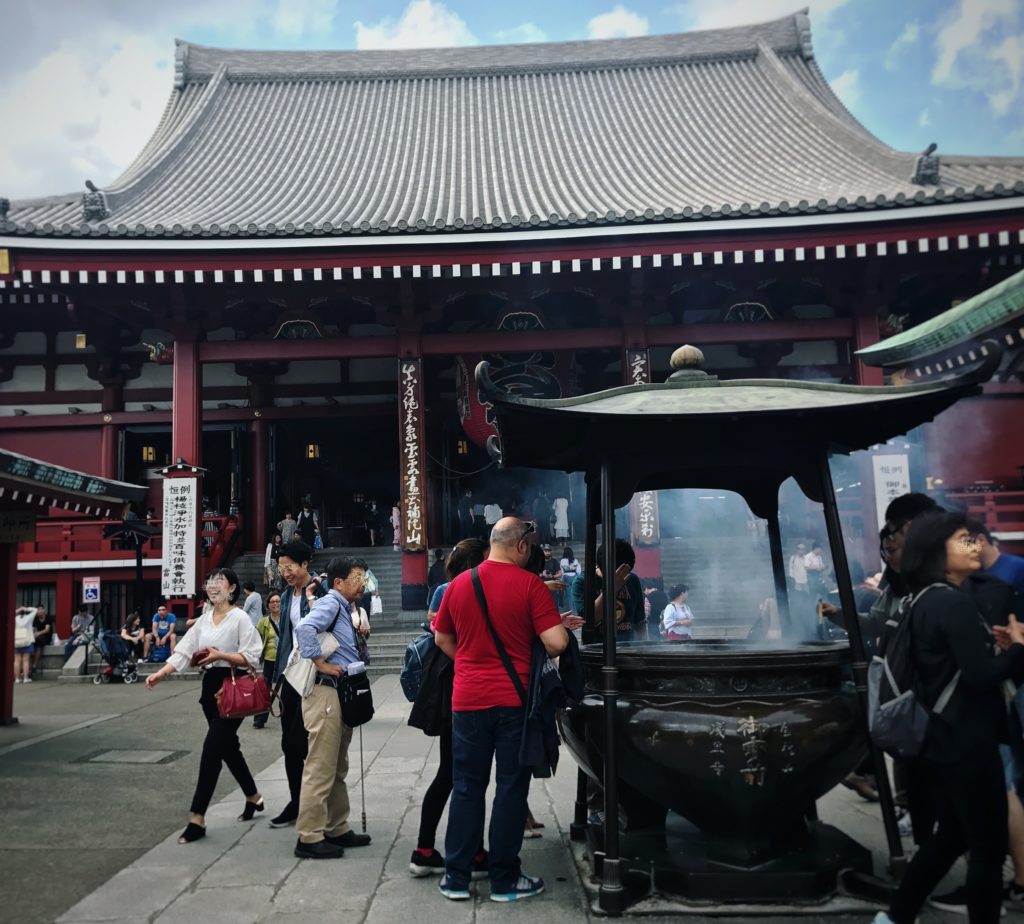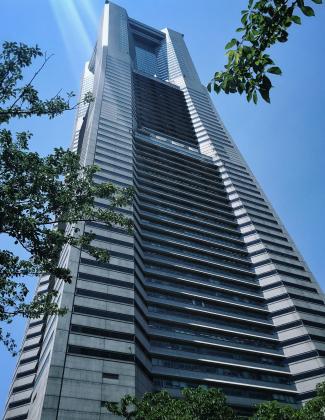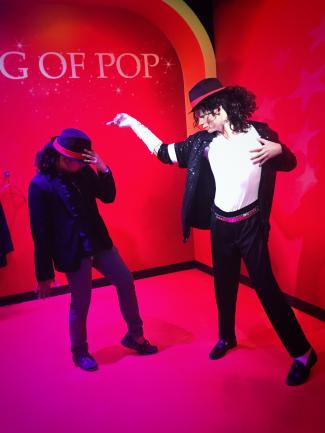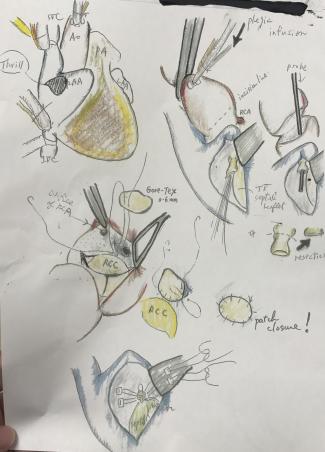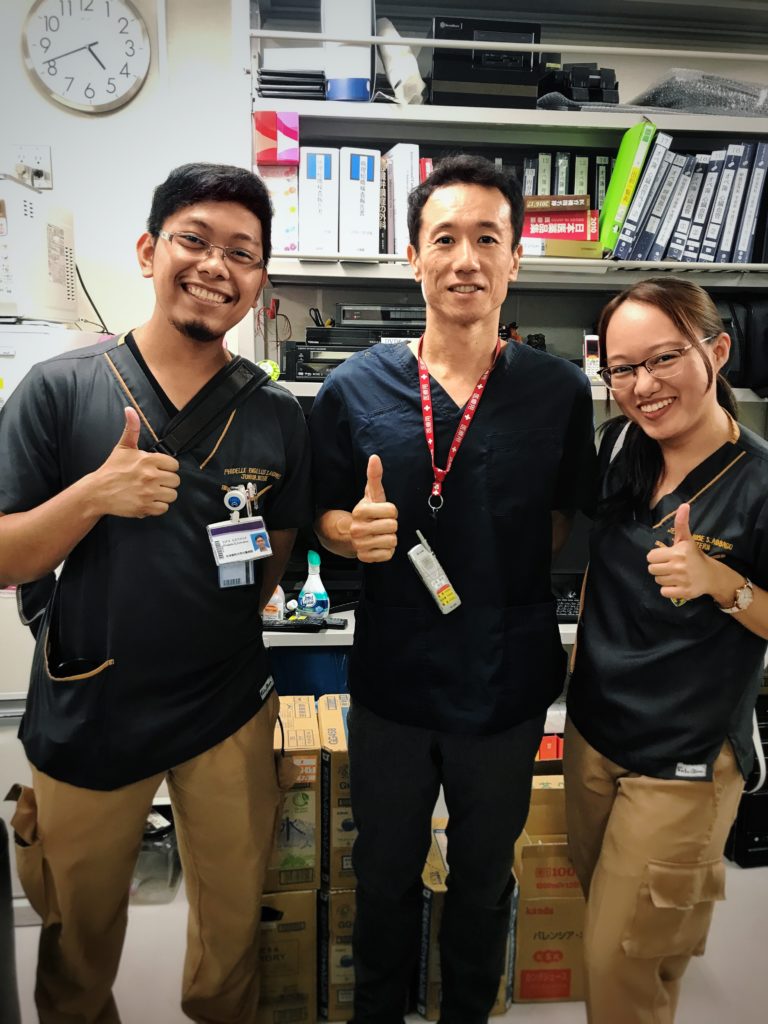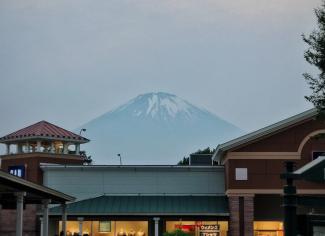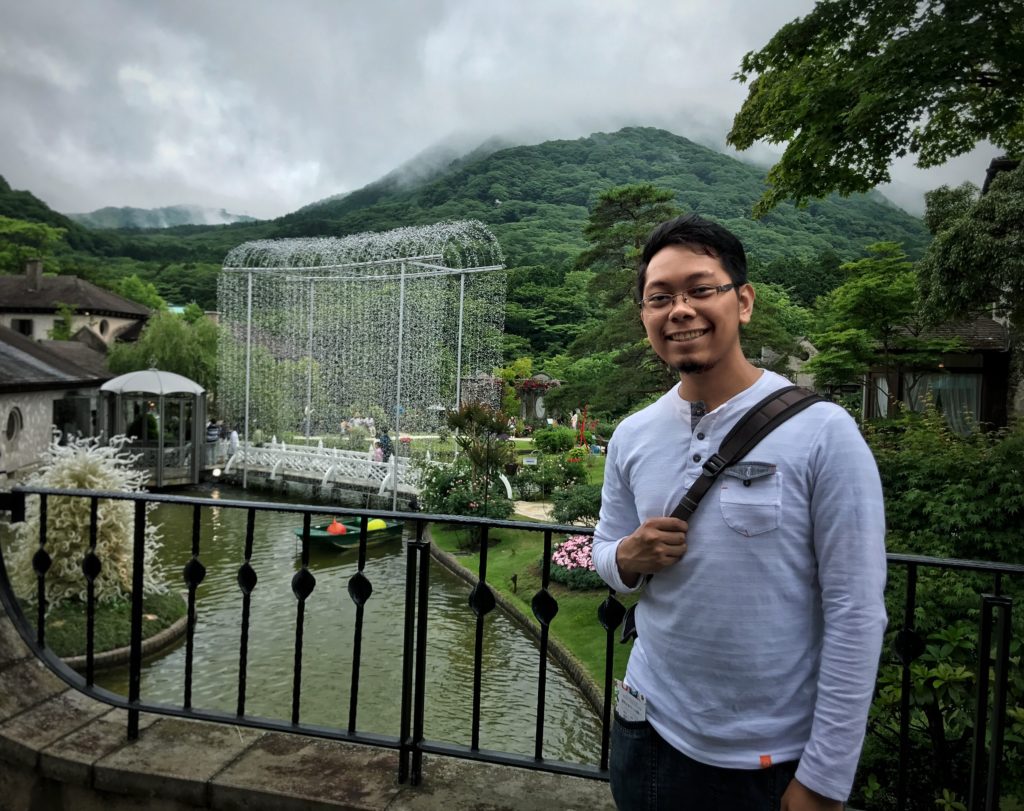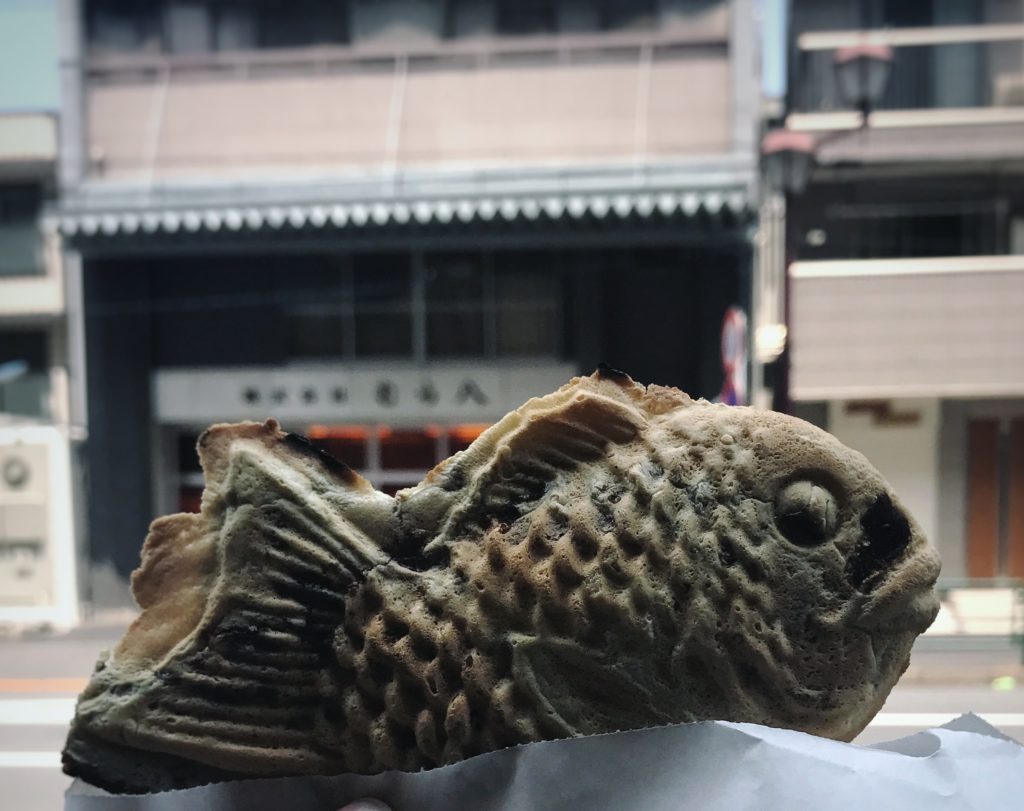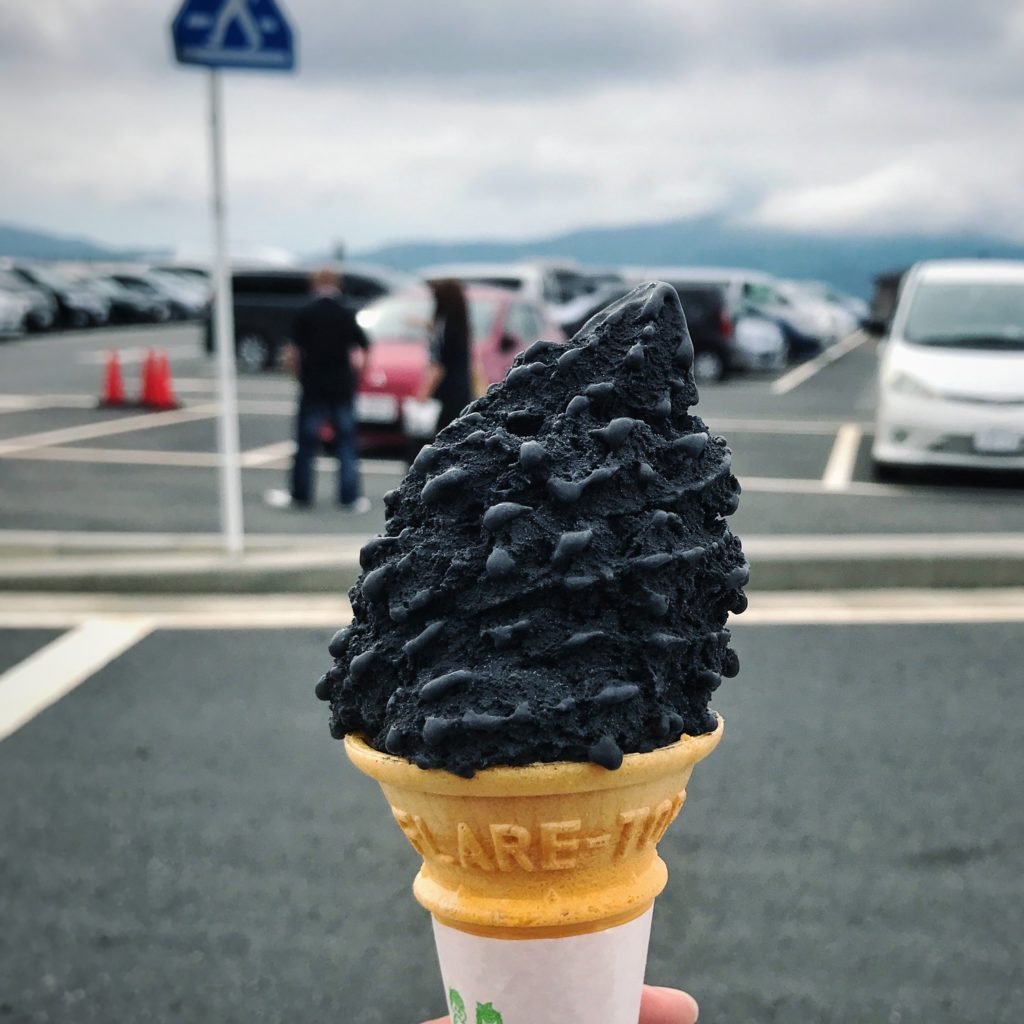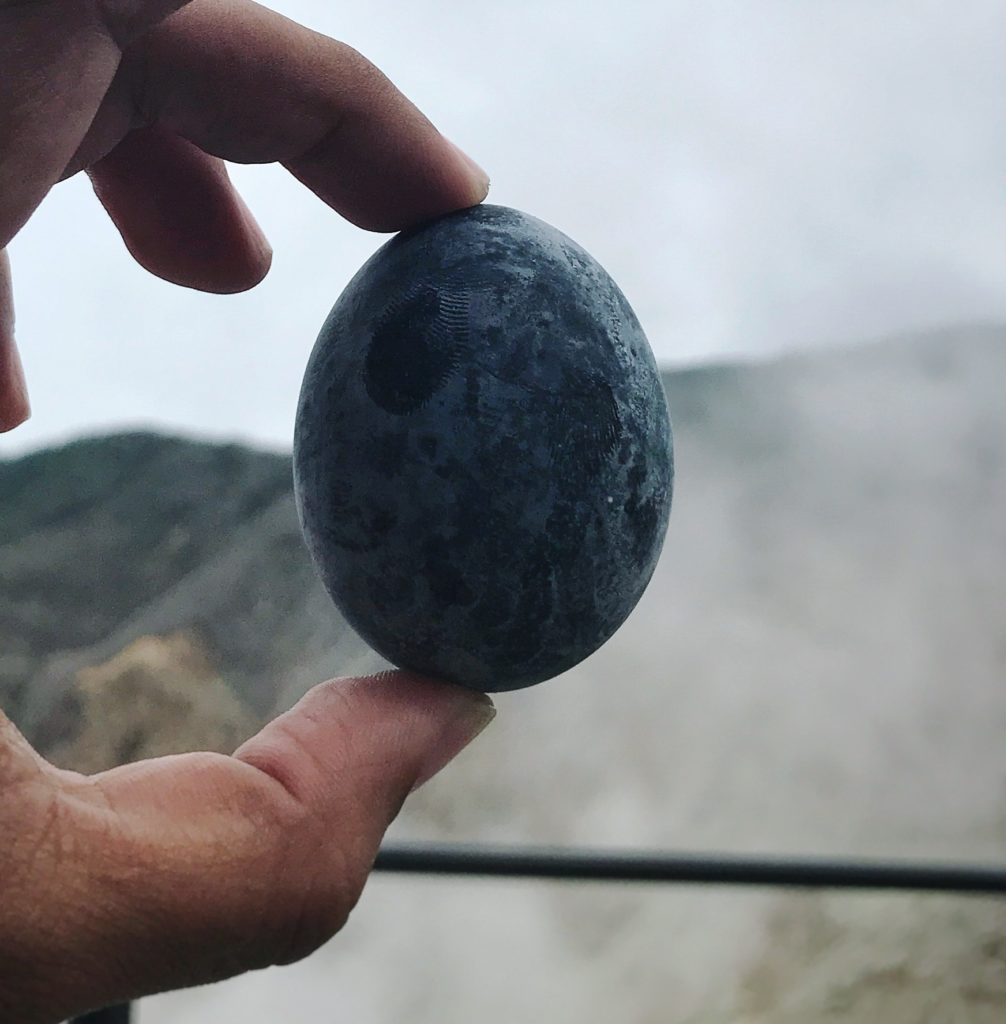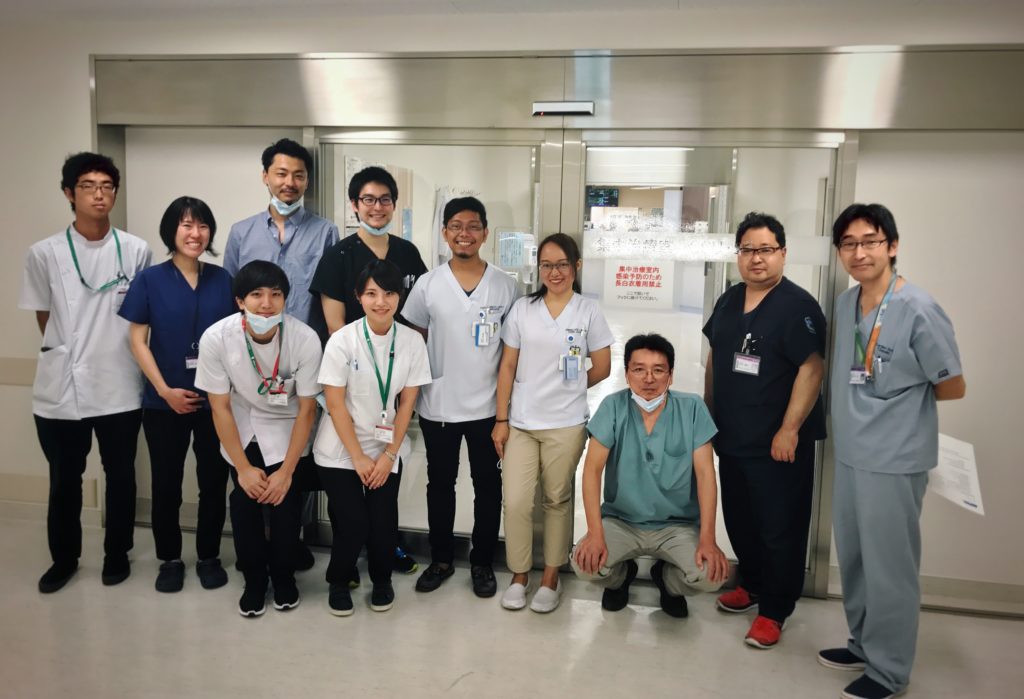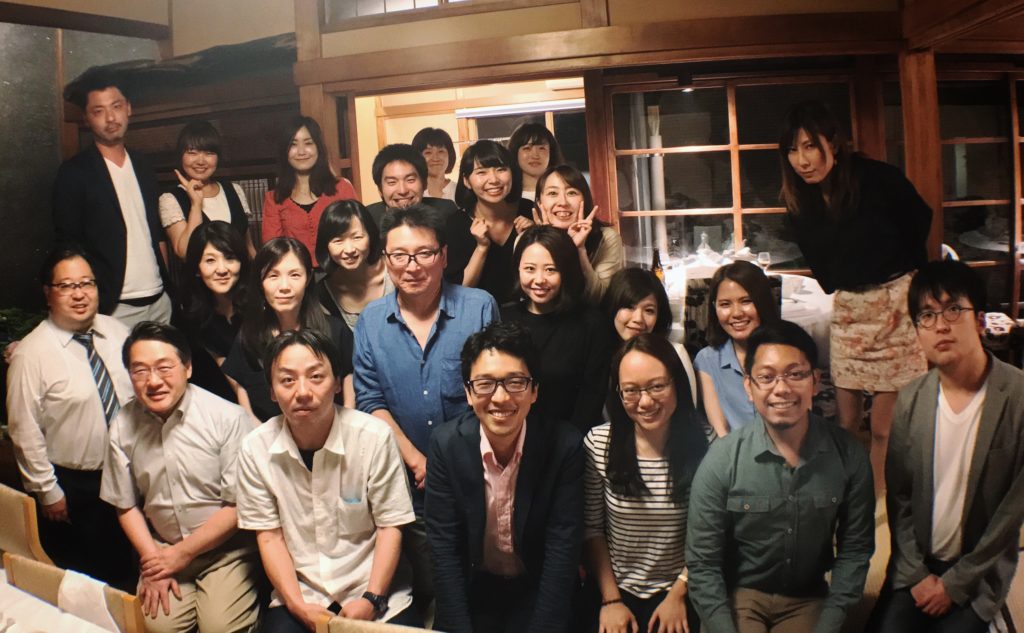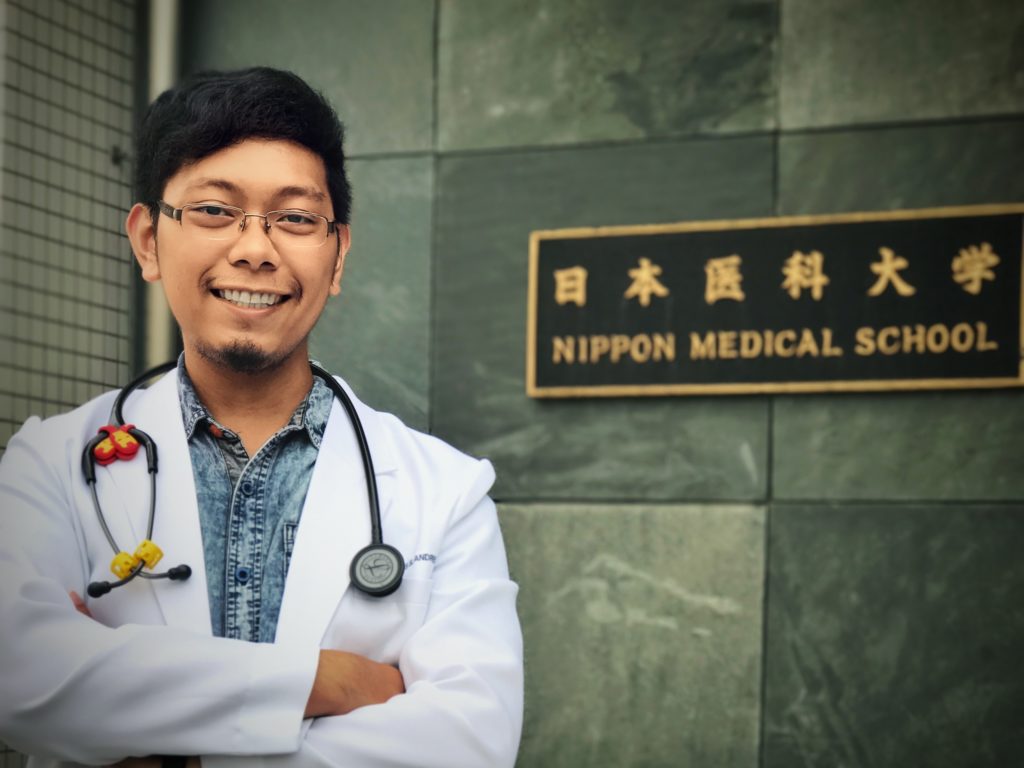I’ve had a lot of my firsts in this country
1) Why did you choose NMS?
In our university, we were given the chance to have our month-long medical electives in our university hospital or overseas. Admittedly, there are many countries that could offer better elective programs overall owing to their cutting-edge technologies, breakthroughs in research, and possibly a different yet better healthcare system. Having said these and considering various factors, I personally thought that having my medical electives overseas would widen my perspective and help me become a better physician for my future patients. Before applying for medical electives overseas, I searched for the countries with the best healthcare system worldwide and found two Asian countries, namely Japan and Singapore, which made it to top 10 based on WHO’s publication. Having been recommended by my classmates who had their medical electives but in a different month, I looked for hospitals in Tokyo, which is the capital city of Japan. This is when I came across Nippon Medical School, one of the “Shiritsu Idai Gosanke” (big three) of Tokyo. I’ve read great feedbacks regarding its educational system, medical research level, and that they have produced several famous medical doctors and innumerable alumni with notable achievements. With these facts at hand and my innate interest in Japanese culture, I chose Nippon Medical School for my medical electives and believed that it can offer me the best medical elective program among others.2) How was your study in Japan?
The weekly schedule of the department I chose, namely Cardiovascular Surgery Department, consisted of different conferences depending on the day, daily elective operations except Wednesdays and weekends, rounds with the Cardiovascular surgeons, and journal club meeting every Mondays. It was on a Friday afternoon when I officially started my study in Japan. I arrived at the designated place a little late and the Heart Team, which were apparently embroidered at the back of their scrub suits, already started their conference however didn’t fail to welcome me with warm greetings. They went on introducing themselves, what was being discussed, and kindly requested me to introduce myself. Everyone was intently listening as I did my part in the introductions, a true sign of professionalism which I sincerely appreciated. After that, they went on discussing the surgeries for the following week and likewise reviewed the operations done that week. Even though I had a hard time following what was being talked about, since the conference was held in Nihongo, I was able to surmise one thing and that was each member of the team was giving their opinion regarding a case in order to come up with one superb approach best suited for the patient. Additionally, one member of the team also summarized the case in English in order for me to understand it. Again, cooperation and unity are core qualities a team should have and I was able to see that in them. The following week came fast and the first thing we did in a Monday morning was to review a journal recently published internationally. Similarly, this was conducted in Nihongo however they provided me with an English copy of the journal. I was tasked to study it and ask a question after the presentation. It was about a novel discovery regarding the change in the configuration of T tubules, and interesting study indeed. Being able to read interesting journals regarding events or technologies that could alleviate patient’s conditions in the future was a strong point of this department. Furthermore, I appreciated the fact that they allowed me to raise questions about ambiguous information and equally enlightened me with appropriate responses. Following the journal club were elective surgeries. Here in Nippon Medical School Hospital, I was greeted with state of the art technologies, up-to-date procedures, and globally competent surgeons. I observed how cunning their precision and accuracy were and how swift their operations were. Open heart surgeries like Off-pump CABG (OPCABG), valve replacements, Thoracic Endovascular Aortic Repair (TEVAR) among others were executed perfectly. No passing day inside the operating room was I not amazed. And no matter how often they do it, I always learn a thing or two from their astounding surgeons. On Fridays, besides their pre-operative and post-operative conferences, they also have a lunch meeting which preceded the aforementioned conference. In this lunch meeting, newly developed technology that recently hit the international market such as stent grafts, sterile dressings, or medicines among others were being presented to us. I was equally thankful to this meeting because I got to update my knowledge on the latest products that can potentially help my future patients. The Heart Team truly possess the superior qualities of a role model where one should learn from and I’m eternally grateful to have their knowledge and skills imparted to me. To wrap it up, my study in Japan specifically Nippon Medical School Hospital far exceeded my expectations and has opened up new doors that will one day make me a better person, a globally competent surgeon, and above all else, a doctor who will be able to offer the best management to my future patients.3) How was your life in Japan?
4) Any comment on NMS?
I serendipitously chanced upon Nippon Medical School while browsing the web looking for the best hospitals in Tokyo. With the readily available information at hand, I knew I had to get into this institution. As anyone would, I also had high expectations for my medical electives here. But during my first day in the NMS, the high expectations I’ve set were already surpassed by a huge margin. Despite exceeding my expectations, NMS still has room for improvements when it comes to their international medical elective program. Efforts were made by our sensei to translate into English what was being discussed during conferences or meetings. What they lacked though was that during ward rounds and operations, only a handful of times did they explain to us the cases or how will they proceed with the surgeries. It would have been helpful to supplement the information I read from textbooks. What I can recommended to remedy this problem is that the different departments expecting international students be informed ahead of time for them to have a solid plan on how they will conduct their everyday routine. If possible, they can assign a number of people fluent in English to serve as their contact person during conferences or rounds. They will be tasked to relay in English to the foreign students the cases being discussed or surgeries taking place on that day. Aside from this, I genuinely believe that NMS did a great job in their medical elective program and will forever be thankful for the opportunity bestowed upon us to study under the best cardiovascular surgeons.
5) Do you have a message for people who are interested in studying at NMS?
For everyone interested in studying at NMS, please do not hesitate to browse their website and apply to your department of choice. Even though I only got to rotate in Cardiovascular Surgery, I firmly believe that every respective department is equally efficient, great, and unparalleled in its field of expertise. But in order to appreciate and enjoy more your stay in NMS or Japan in general, do your part in learning simple greetings to even moderately difficult words or sentence, studying their culture, and reviewing the cases for the week. If all of you were given a chance to read this interview, I hope I didn’t spoil your soon-to-be study at NMS. Rather, let this serve as a fuel to kickstart your application to this noble institution. And if you have questions, may you seek the answers personally through your journey within the walls of Nippon Medical School. I am fervently hoping that everyone interested in studying at NMS will enjoy it as much as I did, if not more.6) Memories of Japan:
My life in Japan was memorable that I can vividly recall each passing day. I’ve had a lot of my firsts in this country ? such as first time being away from my family in a different country, first time living alone in a dormitory, first time getting lost even with a map at hand, first time meeting surgeons with internationally known achievements, first time observing highly-complex procedures, first time having delicious authentic Japanese foods, first time visiting shrines and temples, among others. I could go on repeatedly remembering and sharing my memories of Japan without getting tired but it would definitely take much time. As an alternative, allow me to attach pictures of my stay in Japan that I believe closely depicts my magical memories of Japan and how much I love this country.
